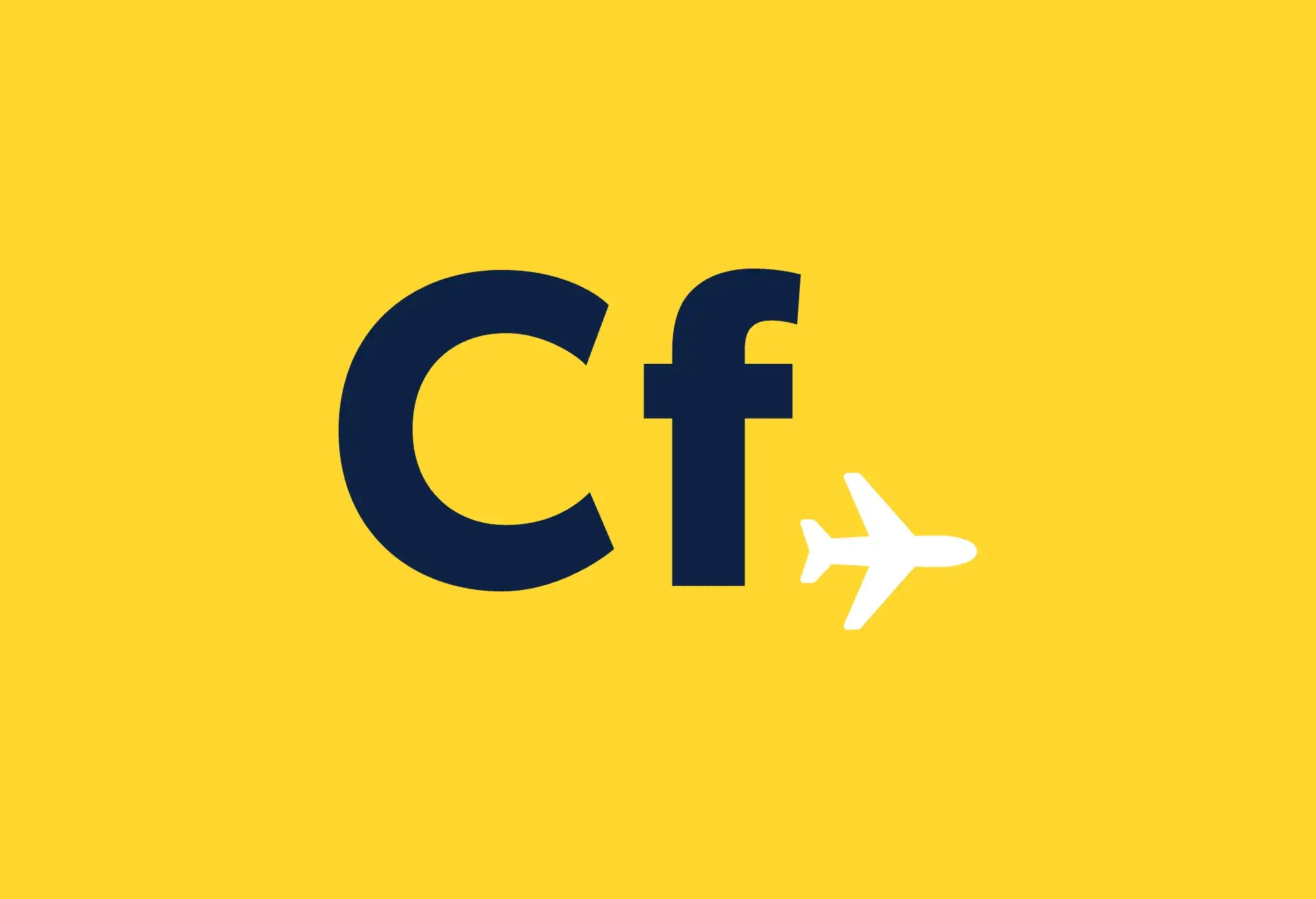Josh Summers and his wife spent close to four years living in Xinjiang and traveling throughout China. His award-winning website about Xinjiang, Far West China, sheds light on this unknown region. Summers also writes articles to make travel to China easier.
Cheapflights: Most travelers probably don’t know much about Xinjiang and Western China in general. How is it different from the (eastern) China that most of us are familiar with?
Josh Summers: Eastern and Western China are worlds apart! The moment you step off the airplane or train you can feel the change: different architecture, different ethnic groups, different smells and different languages.
This scares some people away, but it shouldn’t. These differences are what make the area so fun, in my opinion. Accept the fact that your idea of “China” is going to be flipped on its head and then enjoy the journey.
CF: How would you explain the draw Western China has to you?
JS: For me it’s the people. The different ethnic groups that inhabit western China like the Uyghur, Hui, Kazakh and others provide such a wide variety of customs and foods.
I enjoy visiting big cities like Beijing, Shanghai and Hong Kong for a couple of days, but ultimately I return to Xinjiang. It’s a slower pace of life and it grabs most everybody who dares to visit.
CF: There’s been (substantial) unrest in Xinjiang over the last year or so; what sort of advice would you give to travelers anxious about the possibility of violence?
JS: I traveled extensively around the province after the 2009 Urumqi riots, which taught me quite a bit about the region and its safety. Obviously violence makes anybody anxious, but it shouldn’t keep you from traveling here.
The best advice I can give is to be prepared: you’re going to hit plenty of police checkpoints and street patrols. Keep your passport with you at all times (as well as a copy in case you lose it) and don’t point your camera at the police. Finally, just use your common sense and you’ll be fine. The tension in the region has nothing to do with foreign travelers.
CF: Flying to China takes a long time. Do you have a routine for staying healthy on such long flights?
JS: There are two things I do to keep my sanity on long flights. First, I drink. I don’t care if it’s water, Coke, or alcohol – somehow it keeps me sane. Also, it naturally leads to my second point.
I get up. I rarely stay seated for more than an hour at a time. My favorite place to walk is toward the back of the plane where the stewardesses work. It’s a great place to stretch and sometimes strike up conversation.
CF: Is air travel any different within China compared to flying domestically in other countries?
JS: I’ve run into just as many delayed flights in China as in any other country, so that’s pretty much the same. I always seem to sit next to the guy who forgot to wear deodorant no matter which country I fly in, so no change there.
I guess the biggest difference I’ve noticed is the food. On Chinese airlines I get it for free. In America they force me to give up my unborn child in exchange for a “snack pack.”
CF: Of the airports you’ve passed through – Stateside and abroad – which is the most convenient?
JS: My standard for “convenience” is quite low, yet somehow there are so many airports that fail. First, I want free Wi-Fi. Is that too much to ask? I also want a few power outlets, for goodness sake. Some airports seem to function with phantom electricity – not a single outlet in sight. I’ve had good experiences in Beijing, London, and Washington DC.
CF: What is an absolute must on your packing list?
JS: A good pair of headphones. Those airline-supplied headphones feel about as comfortable as that sorry excuse for a pillow they pass out.
CF: What’s your routine before you fly?
JS: Update iPod and download latest podcasts…check. Put on slip-on shoes…check. Download all my emails…check. Grab some Dramamine to knock out my wife for the entire trip…check.
That pretty much covers it, if you call that a routine.
CF: How do you discover local or off-the-beaten-path places?
JS: The best way I’ve found is to just ask the locals. Most of the time people are more than willing to point you in the right direction or share with you their favorite hole-in-the-wall. Local expats are also a treasure trove of resources. Find the local expat hangout and ask them where you should visit or which restaurants to eat at (or avoid, sometimes).
CF: What countries or regions do you believe offer the best bang for your buck?
JS: Western China is definitely cheap, especially when compared to China’s east coast. You can eat for pennies and travel for mere dollars. The Philippines also offered good bang for my buck. I guess most of Southeast Asia is a pretty good deal if you’re willing to rough it a bit.
Cheapflights is proud to have guest voices express their opinions. The views expressed are the author’s own and do not necessarily reflect those of Cheapflights Media (USA) Inc.


